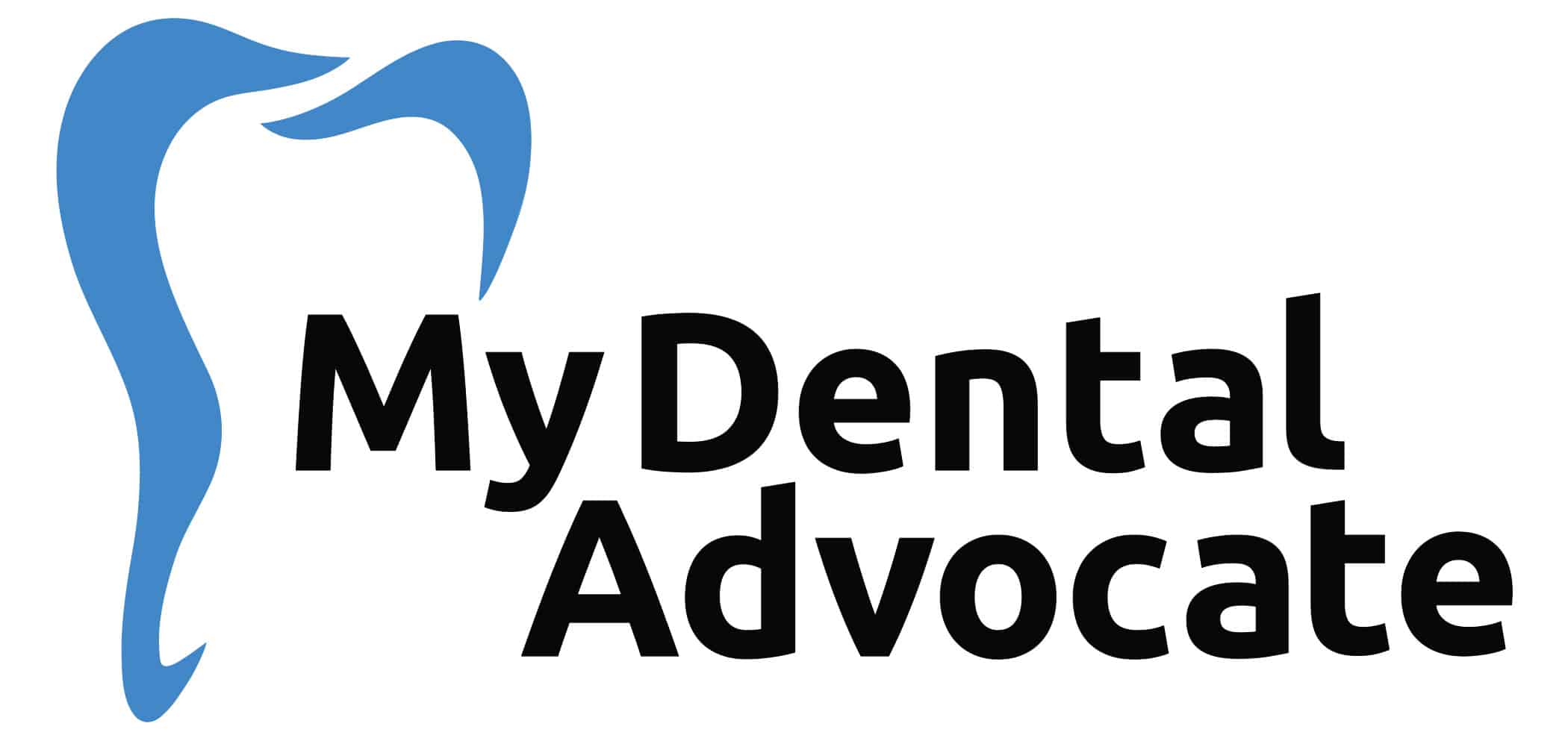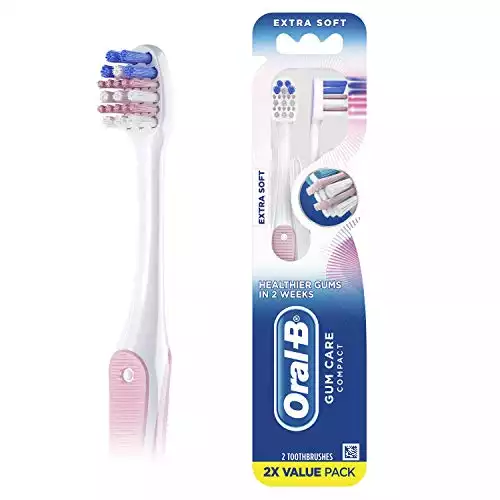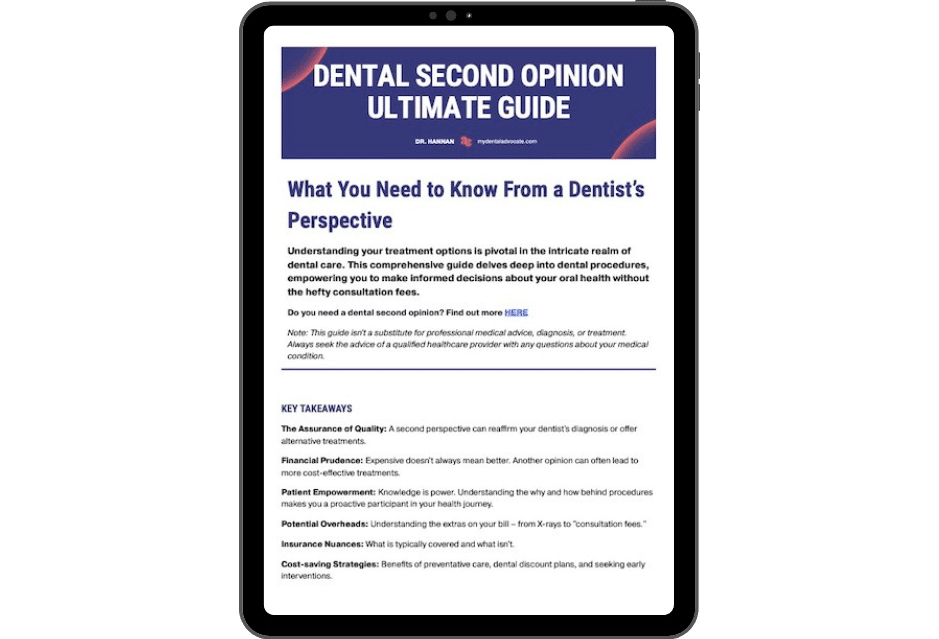Who Is Not Suitable for Dental Implants? (Dentist’s Perspective)
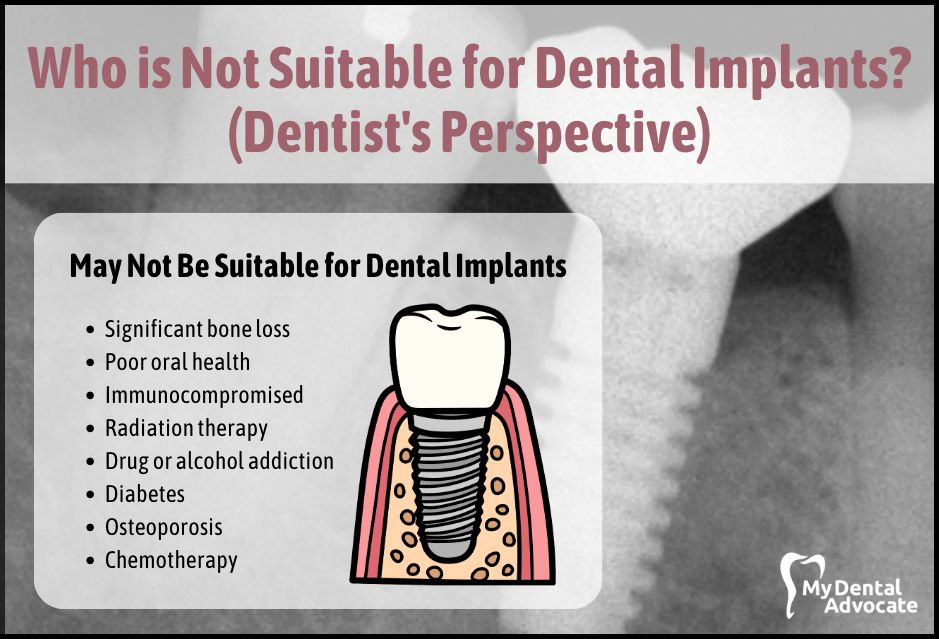
Dental implants are a popular and effective way to replace missing teeth.
They are a permanent solution that can improve oral health and restore your smile.
However, not everyone is a good candidate for dental implants.
Factors such as age, health, and lifestyle habits can impact your eligibility for the procedure.
Need Dental Advice? Ask Dr. Hannan!
Medical Conditions & Medications
If you are considering dental implants, knowing that certain medical conditions and medications may affect your eligibility for the procedure is important.
Here are some of the conditions and medications that may make dental implants unsuitable for you.
Heart Conditions
If you have a heart condition, your dentist must consult your cardiologist before proceeding with the implant procedure. This is because the procedure involves minor surgery and the use of anesthesia, which can put a strain on your heart.
Your cardiologist will advise your dentist on whether it is safe for you to undergo the procedure.
Some studies suggest that peri-implantitis and cardiovascular disease may share common risk factors.
Diabetes
If you have diabetes, you may still be eligible for dental implants, but you must be closely monitored before and after the procedure.
Diabetes can affect the healing process and increase the risk of dental implant failure. Your dentist may recommend improving your blood sugar control before the procedure.
Studies have shown mixed results regarding the relationship between diabetes and dental implant failure rates.
Osteoporosis
Osteoporosis is a condition that causes the bones to become weak and brittle. If you have osteoporosis, your dentist may evaluate your bone density before proceeding with the implant procedure.
If your bone density is too low, the implants may not be able to fuse with your jawbone properly. However, more research needs to be done.
According to a recent study, osteoporosis does not harm dental implant failure rates or the percentage of osseointegration.
Immunodeficiency Disorders
If you have an immunodeficiency disorder, such as HIV/AIDS or leukemia, you may not be eligible for dental implants.
These conditions can affect the healing process and increase the risk of infection.
It is recommended that clinicians evaluate each patient’s individual case and consult with their healthcare provider before making a decision about implant-based therapy.
Bisphosphonate Therapy
Bisphosphonates are medications used to treat osteoporosis and other bone conditions. If you take bisphosphonates, your dentist must evaluate your bone density before proceeding with the implant procedure.
Bisphosphonates can affect the healing process and increase the risk of implant failure.
Chemotherapy
If you are undergoing chemotherapy, your dentist may recommend delaying the implant procedure until after your treatment is complete. Chemotherapy can affect the healing process and increase the risk of infection.
Oral Health Issues
If you are considering dental implants, it is important to have good oral health.
Certain oral health issues can affect the success of the implant. Here are three common oral health issues that may make you unsuitable for dental implants.
Periodontal Disease
Periodontal disease, also known as gum disease, is a bacterial infection that affects the gums and the bone that supports the teeth. If you have periodontal disease, it can affect the success of the implant.
This is because the disease can cause bone loss and gum recession, making it difficult for the implant to fuse with the bone. If you have periodontal disease, your dentist must treat it before you can have an implant.
Tooth Decay
Tooth decay is a prevalent dental concern that can indirectly affect its success while not directly impacting the implant itself.
The decay process involves spreading bacteria, which can infiltrate neighboring teeth and exacerbate existing dental issues.
Although the implant remains unaffected by tooth decay, the surrounding teeth and supporting bone can be weakened, hindering the implant’s ability to integrate with the bone properly.
Before proceeding with an implant, your dentist must address any tooth decay instances. In some situations, this may involve extracting the decayed tooth to ensure a healthier environment for the implant.
Gum Recession
Gum recession, characterized by the withdrawal of gum tissue from the teeth and exposure of tooth roots, can indirectly influence the success and aesthetics of dental implants. Although the implants are placed into the bone rather than the root, gum recession can still pose challenges.
Healthy gum tissue provides a stable foundation and visually appealing results, ensuring the implant appears natural and integrates seamlessly with the surrounding dentition.
In cases where gum recession is present, your dentist may recommend a gum graft procedure before implant placement. This additional step helps reestablish a healthy gumline, ultimately enhancing your dental implant’s long-term success and appearance.
Lifestyle Habits
Certain lifestyle habits may affect your suitability for the procedure if you consider dental implants. These habits can harm the healing process and the long-term success of the implants.
Below are a few lifestyle habits that you should be aware of.
Smoking
Smoking is a major risk factor for dental implant failure. Smoking can cause poor healing, gum disease, and bone loss, leading to implant failure.
If you are a smoker, you should quit smoking before getting dental implants. If you cannot quit smoking, you may not be a suitable candidate for dental implants.
Implants placed in smokers have a significantly higher risk of failure compared to non-smokers, with failure rates ranging from 6.5% to 20%.
Alcoholism
Heavy alcohol consumption can also increase the risk of dental implant failure.
Alcohol can cause poor healing and a weakened immune system, making you more susceptible to infections.
Additionally, if you struggle with alcoholism, you should seek treatment before getting dental implants. Your dentist may recommend waiting until you have completed treatment before getting dental implants.
Drug Addiction
Drug addiction is an important factor to consider when discussing dental implant success, as it can significantly raise the likelihood of implant failure.
Substance abuse can lead to various health complications that negatively impact the implant process, such as delayed healing, a compromised immune system, and the potential for additional dental or systemic issues.
When an individual grapples with drug addiction, it is crucial to prioritize treatment and recovery before embarking on the dental implant journey.
Addressing the addiction first creates a healthier environment for your body to heal, thereby increasing the chances of a successful dental implant outcome.
Your dentist may advise postponing the dental implant procedure until your addiction treatment program is completed.
This approach allows your body to recuperate, enabling the implant to better integrate with the bone and reducing the risk of complications associated with drug use.
You can pave the way for optimal dental implant success while working toward personal recovery through a collaborative effort between you, your healthcare providers, and your dentist.
Age Considerations
When considering dental implants, age plays a crucial role in determining the candidacy and potential success of the procedure. Although age itself does not solely determine suitability for dental implants, it can influence factors such as healing time and the risk of complications.
Research conducted in 2020 revealed that older individuals might experience longer healing periods following surgery and encounter additional challenges.
Children and teenagers are generally unsuitable for dental implants due to their still-developing jawbones.
It is recommended to wait until jawbone growth is complete before contemplating dental implants, as a fully developed bone structure is required to support the implant successfully.
Conversely, older adults experiencing tooth loss may remain viable candidates for dental implants. While age-related bone loss can pose difficulties in implant placement, bone grafting techniques can be employed to offer the necessary support.
Individuals aged 70 or older might also qualify for dental implant procedures. The key determinant for eligibility is the completion of jawbone growth, rather than age itself.
By consulting with a dental professional, prospective patients can determine the most suitable course of action based on their unique circumstances and dental health.
Factors to Consider
When considering dental implants, your dentist will evaluate your overall health, medical history, and age to determine your suitability.
Key Factors
- Smoking
- Diabetes
- Periodontal disease
- Immune disorders
- Osteoporosis
- Radiation therapy to the jaw
- Poor oral hygiene
- Bruxism (teeth grinding)
- Insufficient bone density or volume
- Drug addiction
- Hemophilia or blood clotting disorders
- Severe heart conditions
- Uncontrolled hypertension
- Recent dental infections
Dentist-Recommended Products
I recommend using these products to help you heal and recover faster after dental implant surgery.
The All Sett Health hands-free Hot and Cold compress is a perfect fit for everyone.
Made of gentle and lightweight wrap microfiber material, it comes with four reusable hot/cold gel packs that can be used whenever pain strikes. The built-in pockets allow you to snuggle two gel packs with two extra soft gel packs and hold them next to your face for additional security, relieving facial pain caused by toothaches or cosmetic surgery.
The Oral B Gum Care Extra-Soft Compact Head Toothbrush improves your gum health with ultra-soft bristles, which gently clean along the gumline and multilevel bristles clean deep between teeth. It has a compact head for superior reach to your back teeth.
The ultra-soft bristles are five times more gentle than a regular soft toothbrush and are perfect for those with sensitive teeth and gums.
In 1980, Dr. Perry Ratcliff founded Closys to replace ineffective and irritating oral rinses.
He formulated an extremely effective yet gentle oral rinse that a small group of dentists praised. Closys Oral Care was born and continues to create high-quality, comfortable oral rinses.
Their products are made in the USA and are free from alcohol, sulfates, and triclosan.
CloSYS Sensitive Toothpaste in Gentle Mint flavor promotes mouth health by fighting plaque buildup, restoring enamel, preventing cavities, and eliminating bad breath bacteria.
Formulated with fluoride, it strengthens, and restores weakened enamel for better protection against cavities and tooth sensitivity. CloSYS toothpaste products are SLS-free, triclosan-free, sulfate-free, and gluten-free, making them gentle and safe to use.
The pH-balanced formula is naturally activated to neutralize plaque bacteria and maintain a non-acidic environment in the mouth, providing long-lasting freshness and a healthy white smile without damaging or removing enamel.
Frequently Asked Questions (FAQ)
Can bone grafting make someone a suitable candidate for dental implants?
Yes, bone grafting can provide a firm base for dental implants, even in cases of gum or bone recession.
Are there any risks or complications associated with dental implants?
Yes, complications can include nerve or tissue damage, infection, implant failure, and more.
What are the types of dental implants available?
Four types of dental implants include single tooth implants, implant-supported bridges, implant-supported dentures, and All-on-4 implants.
My Experience & Expertise
You may be wondering who is not suitable for dental implants.
As an experienced dentist, I have seen many patients who are not good candidates for dental implants. It is important to note that each patient is unique and requires an individualized treatment plan.
Therefore, a thorough evaluation by a qualified dental professional is necessary to determine if dental implants are right for you.
If you have any concerns or questions about dental implants, I recommend scheduling a consultation with a dentist with experience in implant dentistry. They can provide you with the information you need to make an informed decision about your dental health.
Need a second opinion? We can help! Learn more. Knowledge is power when cultivating healthy dental habits. The more informed you are, the better positioned you’ll be to prevent avoidable and potentially costly dental procedures for you and your family. Watch for future blog posts, where we’ll continue sharing important information, product reviews and practical advice!
Sources
- Ustaoğlu G. Relationship between risk markers for cardiovascular disease and peri-implant diseases. Int J Implant Dent. 2020.
- Giro G. Impact of osteoporosis in dental implants: A systematic review. World J Orthop. 2015 Mar 18.

About the Author
Dr. Matthew Hannan, also known as “Dr. Advocate,” is a board-certified dentist on a mission to provide accurate dental patient education. He attended Baylor University before completing dental school at UT Health San Antonio School of Dentistry. He now lives in Arizona with his beautiful wife and 4 kids. Dr. Hannan believes everyone should access easy-to-read dental resources with relevant, up-to-date dental research and insight to improve their oral health.

Connect with Dr. Hannan!
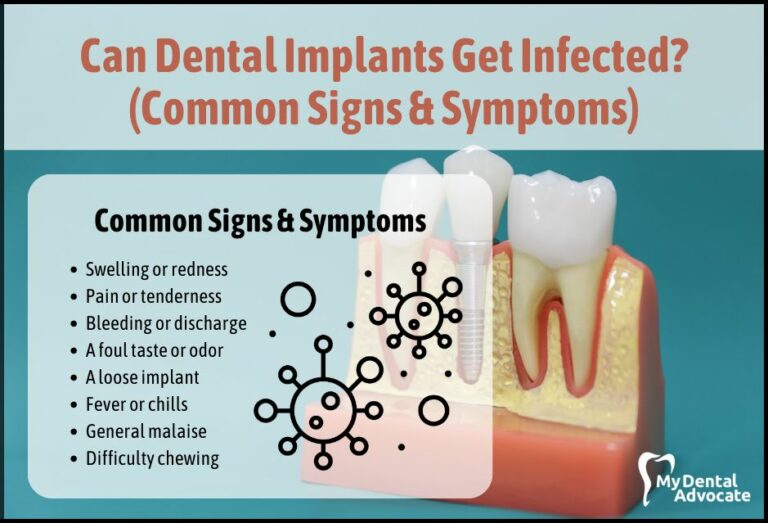
Can Dental Implants Get Infected? (Common Signs & Symptoms)
Imagine stepping out with a brand new, confident smile thanks to your dental implants. But wait, did you know even these cutting-edge solutions can sometimes face an unexpected challenge – infections?
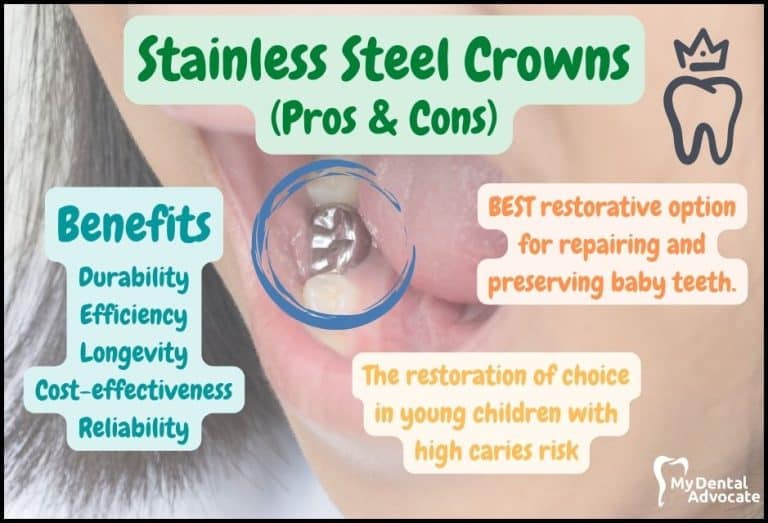
Stainless Steel Crowns (Pros & Cons)
I’m sure you’ve seen stainless steel crowns on children’s teeth – You can’t miss them! They are essential in protecting broken or decayed baby teeth, but they are unsightly. Are they necessary? Understanding the pros and cons of stainless steel crowns will help you decide if your child needs one.
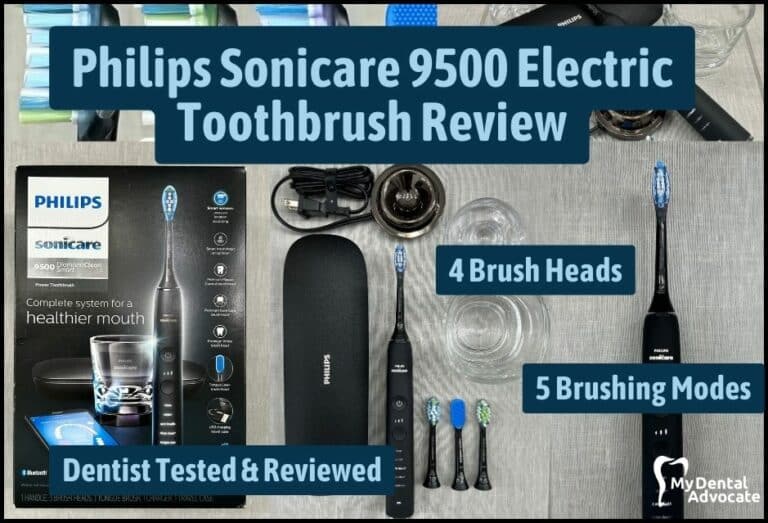
Philips Sonicare 9500 Electric Toothbrush Review 2024
Whether you’re seeking an improved oral hygiene routine or you simply want to indulge in the premium league of dental care, investing in an electric toothbrush can be a transformative decision.
Gain Clarity with Our FREE Second Opinion Guide
Receive clear, expert second opinions online within 48 hours. Start today!
Product Reviews
Our 250+ dental product reviews (and counting), curated by an experienced dentist, are the most comprehensive online.
Toothbrush Genie
State-of-the-art chatbot designed to help you discover your perfect toothbrush in just a few simple steps!
Cavity Risk Assessment
Cutting-edge digital tool designed to evaluate your individual cavity risk based on your responses to a series of questions.
Gum Disease Assessment
Discover your gum disease risk with our quick and engaging 6-question assessment!
